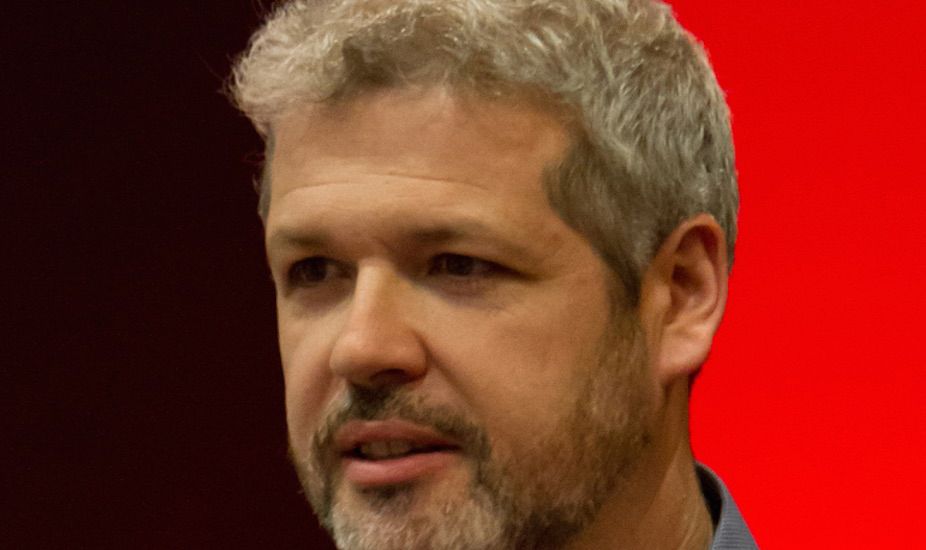

Making working environments ‘too safe’ risks lulling people into a fatal sense of security, a neuroscientist with an interest in health and safety will warn during a visit to Guernsey.
Guillaume Thierry will warn that ‘too safe is too dangerous’ as it can result in the perception that there are no risks despite the fact that accidents still happen – and that changing this mindset by retraining the brain could be a lifesaver.
The professor of neuroscience at Bangor University, in Wales, will be visiting the island on 25th January as part of events supported by Guernsey Electricity. Professor Thierry will be speaking to employees at the company before a public event at the Princess Royal Centre for the Performing Arts at 7.30pm, organised by the Guernsey Occupational Safety and Health Association and the Channel Island Group of Professional Engineers.
‘Too safe is too dangerous because the perception is you’re completely safe. That is when accidents can happen and can kill you’ said Prof Thierry. ‘If you’re working at height, for example, you’re going to be careful because you don’t want to fall. However, if you’re on the floor level, you may not pay attention to what’s around you, trip over and bang your head badly.’
Figures from Guernsey’s Health and Safety Executive show there were 23 reported accidents involving a fall from height in 2015, compared to 63 incidents involving a slip, trip or fall on the same level over the same period. There was one accident that involved a moving vehicle, but seven that involved people hitting something fixed or stationary in 2015.
‘When there’s movement your guard is activated and your awareness of it. There is often nothing more dangerous than a wall or a column or a corner of a wall and therefore can be more dangerous than a forklift,’ said Prof Thierry.
‘There has to be zero tolerance on hazards. If something has been identified as a danger, it has to be assessed and acted upon immediately, but I go beyond that because accidents happen. The moment people feel safe, they’re at risk. We need to empower the employee as to how to see the danger and train the brain into triggering the survival instinct of the brain into action. You do that by increasing risk perception,’ he added.
Praising health and safety officials, Prof Thierry said: ‘They may think their job is the most boring job on the planet. But it is the most interesting job on Earth because they have the mission, and it is not an easy one, to trigger a mechanism of survival in people. If they can do that, they are nothing short of being a hero. They should take pride in that they have prevented an accident and saving lives.’
Angus McLellan, health, safety and environment manager of Guernsey Electricity, said: ‘Health and safety is central to everything Guernsey Electricity does, and we recognise the important work that the Guernsey Occupational Safety and Health Association and the Channel Island Group of Professional Engineers do. We’re delighted to be able to welcome Prof Thierry to Guernsey to stimulate discussion about health and safety and look forward to hearing him to speak about this important topic.’